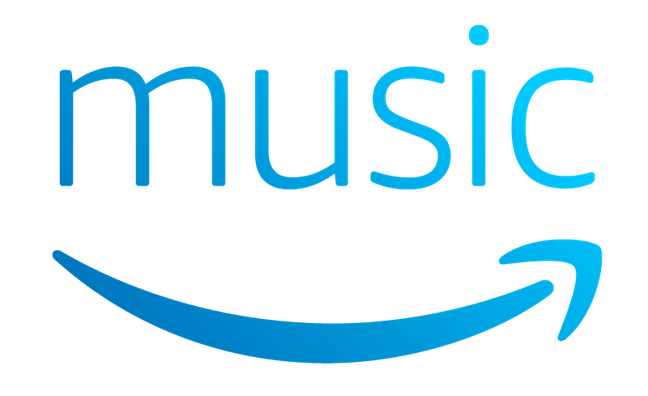Everyone knows that the number one music streaming service in Great Britain is Spotify, but who’s number two?
Most people would probably answer Apple Music, but the latest entertainment market report from data analysts Kantar Worldpanel suggests that, in terms of active users, Amazon Prime Music has surpassed Apple Music for the first time.
The companies themselves, of course, never release numbers for individual markets – Apple Music and Spotify preferring global figures, while Amazon never talks specific figures.
But, according to Kantar’s latest Entertainment Retail Barometer, Prime Music had 3.8% GB (England, Scotland, Wales) market penetration in the four-week period to July 1 (up from 2.09% during the same period the year before), while Apple Music had 2.9% (itself up from 2.4%). Spotify, which of course has free and subscriber tiers, has 11% market penetration, up from 10% this time last year.
There are a few caveats to all this: Kantar’s information is based on a panel of 15,000 consumers, not official figures from the companies. And providers determine their number of users in different ways, with some counting a family account as one user and others registering each person using the account. And, of course, Apple Music users will all be elective subscribers paying a monthly subscription, while Amazon Prime Music users have their service bundled in at no extra charge as part of its Amazon Prime membership scheme, alongside free delivery and free TV/movie streaming.
Active users are defined as “those that had access to the platform and streamed in the last four weeks” but there can be big differences between the amount of music such listeners actually play. Apple Music's users are likely to generate a much greater volume of streams than Prime Music's more casual users.
Nonetheless, the figures indicate the rapid progress being made in streaming by Amazon. Prime Music is the company’s limited service, with around two million tracks available, and consequently often passes under the radar, but the firm has also enjoyed success with its full Amazon Music Unlimited service, often in tandem with its voice controlled Amazon Echo devices. Amazon Music director Paul Firth recently told Music Week that Music Unlimited had “more than doubled in size in the last six months”. And if Amazon can upgrade more Prime users to the Unlimited service, those numbers could grow exponentially.
Apple Music has also expanded rapidly since its launch in 2015. It’s now neck-and-neck with Spotify in a number of markets, and is expected to become No.1 in the US soon. It regularly generates huges numbers of streams for releases, outperforming Spotify on Drake's new album, Scorpion.
“Consumers have more choice than ever when it comes to where they stream entertainment online, which means services need to do more to attract users,” said Kantar Worldpanel analyst Giulia Barresi. “Amazon is doing this well – its offer of free music with Prime delivery has helped the platform double its number of active users since last year, surpassing Apple Music subscriber figures for the first time.
“Spotify continues to strengthen its position at the top of the leader board, with one in 10 British adults actively using the service to listen to music in the four weeks to July 1 – an all-time high, though we could begin to see new entrant YouTube Music erode part of its share next quarter. However, with 10% of Spotify listeners now aged 55 to 64, there may still be opportunities for the platform to grow its customer base with other demographics.”
As the competition hots up in digital, the physical market survey had some good news for HMV, despite plunging physical music sales. Kantar said it increased its share of the physical music market by three percentage points to 22.8%, despite sales declining by 5.8% and by £7 million in value.
“Many retailers are reducing their floorspace and this can mean shoppers are given fewer opportunities to make spur of the moment purchases, such as at the till,” said Barresi. “This trend is the same across physical music and video, with declining impulse purchases amounting to a fall in category sales of £7 million and £16 million respectively compared with last year. As High Street stores change their look and feel in response to pressures from their online rivals, retailers need to ensure they are maintaining and creating environments that support spontaneous purchase if they are to turn the table on falling sales.”
According to the survey, Amazon’s share of the entire entertainment market (music, video, games) was down from 22.6% to 22.1% for the 12 weeks to July 1, but it remained the market leader. HMV was second, rising from 15.2% to 17.7%. The overall market was down 11% year-on-year.
Supermarkets’ shares dropped across the board as pressure mounted on retail space in the light of falling sales. For Music Week’s exclusive report into the changing face of supermarket music retail, don’t miss the new issue, out August 6.











